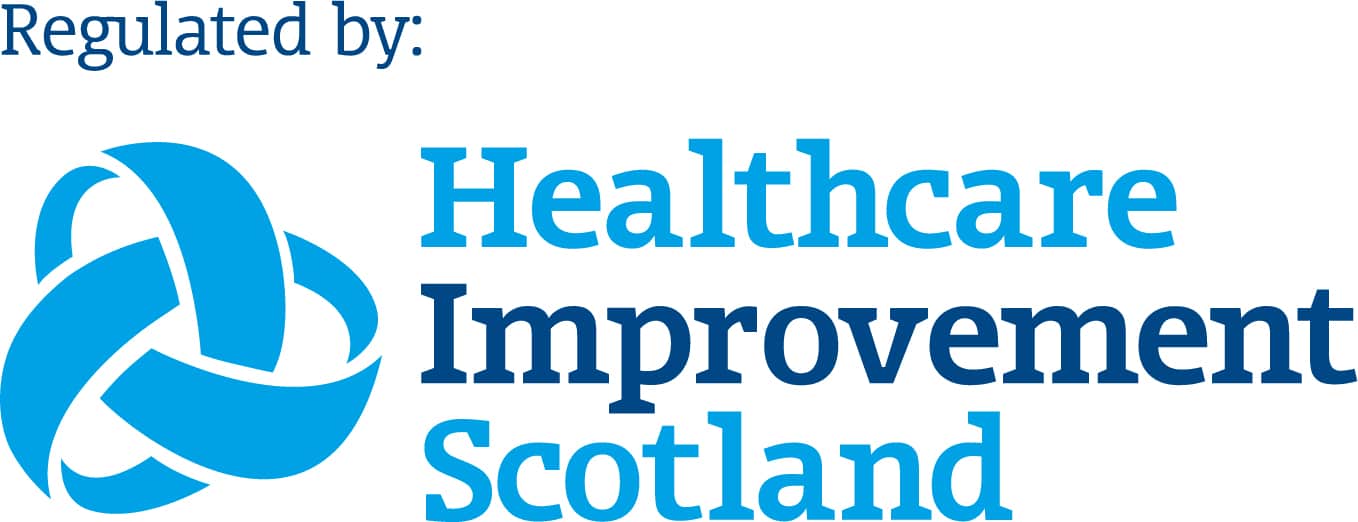
Since 1999, men around the world have been growing their moustaches in November as part of the annual ‘Movember ‘ charity event to raise awareness of men’s health issues.
What is the prostate?
The prostate is a walnut shaped gland that sits beneath the bladder and produces semen. The urethra is the tube that carries urine from the bladder through the prostate to the penis.
What is Prostatism?
As men age, the prostate often gets bigger and this can cause urinary symptoms such as:
- Poor stream
- Difficulty passing urine
- Dribbling after passing urine
- Needing to pass urine more frequently
- Incomplete bladder emptying
- Needing to rush to the toilet
Whilst enlargement of the prostate is often benign, the symptoms that can develop are similar to those that are caused by prostate cancer.
Prostate Cancer
Prostate cancer is the most common cancer in men in the UK with around 40,000 men diagnosed annually and will affect 1 in 8 men over their lifetime. These cancers are generally slow growing and may cause no symptoms at all initially.
However, as the tumour grows, some of the symptoms described above may occur.
Black men and men with a family history of prostate cancer are at increased risk of developing prostate cancer.
Why is prostate screening important?
If caught at an early stage, prostate cancer can be effectively treated or monitored to reduce the risk of progression or spread. As with many cancers, if prostate cancer goes undetected for some time, it may spread beyond the prostate and become more difficult to treat. For these reasons, early detection through screening may be valuable.
Pitfalls of prostate cancer screening using PSA
Screening for prostate cancer is a controversial subject.
Some cancers may be picked up by a simple rectal examination by a doctor however this examination alone would not detect the majority of prostate cancers.
Whilst many countries around the world do have screening programmes, which involve checking the levels of Prostate Specific Antigen (PSA), the UK does not.
The problem with checking PSA levels is that there are many reasons why the PSA may be raised other than cancer. Also, a low PSA level doesn’t necessarily mean that there is no prostate cancer.
As such, reliance on PSA levels may mean that cancer is missed or that a man may undergo unnecessary, uncomfortable and invasive tests.
In addition, screening may result in unnecessary worry and treatment of very early and slow growing cancers that would never have caused any problems in the future.
ROC Approach to Prostate Screening
We recommend that all men over 40 should consider being screened for prostate cancer as part of their annual health check.
Our approach to prostate screening is one that we feel allows a more informed decision as to whether to proceed to a prostate biopsy. By performing a combination of 2 or 3 of simple, non-invasive tests described below, we feel that we can provide a clearer picture of the likelihood of cancer and reduce the number of unnecessary biopsies that take place.
Free: Total PSA Ratio
The accuracy of the PSA test in determining which men are more likely to have prostate cancer can be improved by more specific testing of the amount of PSA that is in the blood that is bound or unbound to proteins.
PCA3 test
Research into a protein called Prostate Cancer Gene 3 (PCA3) in the urine has been promising. It is thought that PCA3 testing should be able to pick up more cancers when used in conjunction with the PSA test to help decide whether a biopsy is required.
The PCA3 test involves undergoing a rectal examination and massage of the prostate gland to help release the PCA3 into the urine followed by a urine sample collection that is sent to the lab for testing. The PCA3 test is not available on the NHS however is offered by ROC Clinic.
MRI scanning
MRI scanning is a safe and non-invasive method of taking images of the prostate. Using MRI scanning in conjunction with PSA and PCA3 levels can help guide the decision as to whether a biopsy is necessary. In addition, MRI can find cancers that may be missed by biopsies.
For further information regarding prostate cancer screening please contact ROC Clinic for an appointment.


